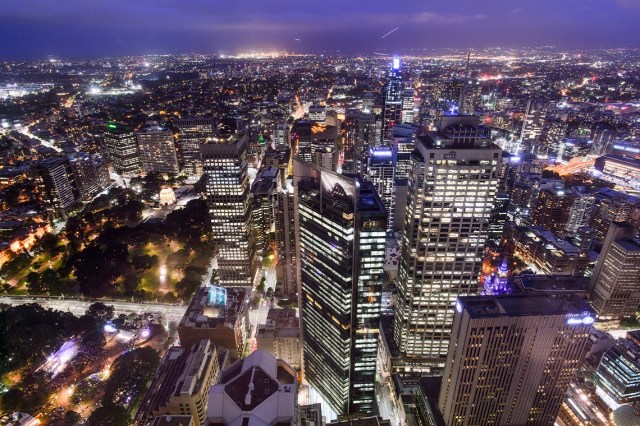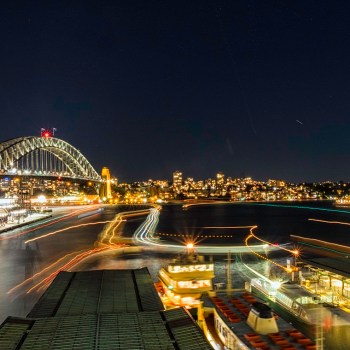City of Sydney Council has approved the development control plan (DCP), which will bring some of the biggest changes to city planning in a decade in a bid to revive the city’s ailing nightlife.
Following a public consultation which saw more than 10,000 Sydneysiders saying they wanted businesses, shops and restaurants across the city to be able to stay open later. From next month, businesses in the city centre will be able to apply to trade up to 24 hours a day, giving a much needed boost to the night-time economy.
While the DCP does not overrule the lockout laws which have seen hundreds of venues across the city close as the public chooses to avoid lockout zones, the changes will help to create more diverse night-time options for Sydney.
The DCP allows for:
- 24-hour trading across the entire city centre
- shops, businesses and low-impact food and drink venues on major high streets to trade until 2am
- new late-night trading areas in some of the city’s fastest-growing neighbourhoods, such as Barangaroo and Green Square
- a new cultural precinct in an industrial part of Alexandria
- venues holding live performances and creative events in late-night trading areas to trade for an extra hour.
Lord Mayor Clover Moore said the changes have been developed in response to feedback from thousands of residents, businesses and visitors.
“Our late-night trading development control plan is the result of an unprecedented call from the community for practical action to help boost Sydney’s nightlife and economy,” the Lord Mayor said.
“Last year, we held our first review in over a decade of the planning controls that determine where and when night-time activity can take place in Sydney.
“More than 10,000 people told us they want Sydney to have a diverse and exciting night-time economy with events and activities for people of all ages and interests. What they don’t want is a city that is unsafe or that shuts down as soon as the sun goes down.
“The changes we proposed in response to this feedback strike a balance between supporting well-managed venues to continue to trade and thrive, and managing any impacts they may have on local neighbourhoods.
“They also respond to the very strong demand for a vibrant, late-night city, and set the foundations for Sydney to become one of the world’s best 24-hour cities.”
Michael Rodrigues, chair of the Night Time Industries Association, a new industry group representing Sydney’s hospitality, live performance, arts and cultural sectors, welcomed the new controls.
“Tourism, business, a strong economy and lifestyle satisfaction are all influenced by the health of our night-time offering, and its current state leaves a lot to be desired,” Rodrigues said.
“We need to pull every lever possible to bring a vibrant, diverse, safe and fun nightlife back to our city. The acknowledgement that night-time business plays a vital role in the cultural life and identity of our city is important, and recognised in this work.
“There is no silver bullet, but these proposed changes are one very important part of the solution.”
Chris Lamont from NSW Business Chamber said the chamber believed changes to the development control plans would result in a positive outcome for Sydney’s night-time economy.
“Sydney’s nightlife is a significant contributor to the economy, social fabric and culture, helping shape our city as Australia’s most significant tourist destination. It also promotes employment and investment, and helps encourage the public to participate in trade, culture, and the arts beyond standard work hours,” he said.
“The most attractive tourist destinations are those that offer an array of entertainment options for different ages, cultures and lifestyles, including families. This requires private as well as public attractions, and night-time leisure activities.
“Changes to the development control plan to expand night-time activity in the city centre is a positive step toward growing our city while managing impacts appropriately. We particularly welcome changes to the plan that will expand traditional ‘night-time spots’ to locations like Green Square.”
The DCP changes will take effect next month and businesses will need to apply for the new trading hours through a development application process, which is notified to the community. The application will need to demonstrate how businesses will mitigate sound impacts on surrounding neighbours.
This may involve noise assessments that can recommend soundproofing and other mitigation measures.
Applications for extended hours will be assessed against new controls requiring venues to demonstrate ‘good management’, but changes will still be subject to the NSW Government’s lockout laws where they apply.



